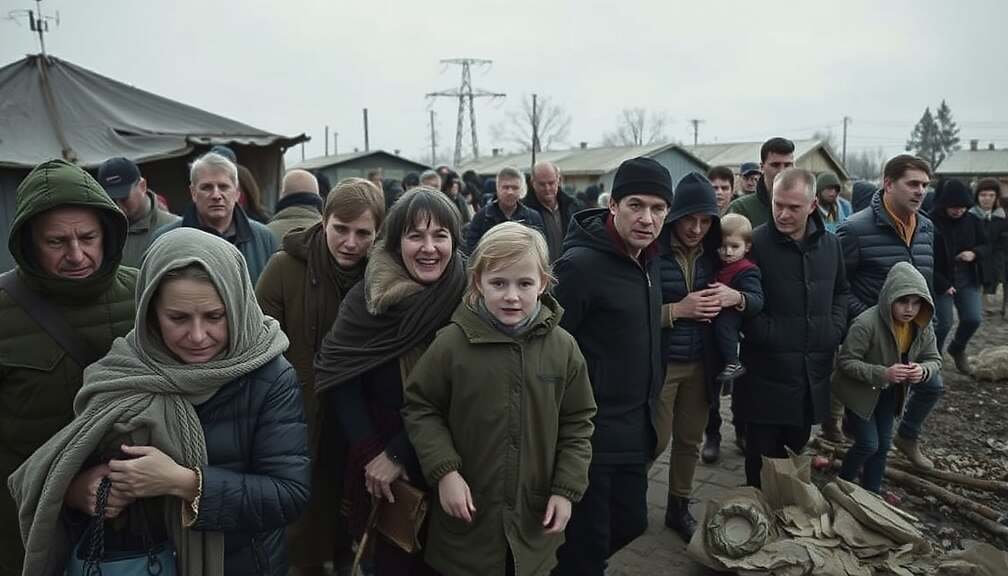The leader of the Allianz Ukrainischer Organisationen e.V. in Germany, Oleksandra Bienert, has sharply condemned recent comments by CDU leader Friedrich Merz advocating for stricter exit regulations for young Ukrainian men aged 18-24. Bienert’s rebuke highlights a growing tension surrounding the responsibility and rights of Ukrainian refugees seeking safety in Germany.
Merz’s suggestion, made after a telephone conversation with Ukrainian President Volodymyr Zelenskyy, centered on urging young men to remain in Ukraine and fulfill military service obligations, given the country’s urgent need for soldiers in its defense against Russia. He argued that a significant portion of recent Ukrainian arrivals fall within this age bracket, benefiting from a Ukrainian conscription age starting at 25.
Bienert directly challenged this perspective, arguing that applying moral pressure or questioning the protection rights of Ukrainian refugees is misplaced. “Instead of exerting moral pressure on young Ukrainian refugees or calling their protection rights into question, we should consistently focus on the root causes of their flight” she stated. She emphasized the desperation driving Ukrainian citizens to seek refuge, highlighting “Russia’s ongoing war, which has been inflicting daily suffering since 2014”. The core motivation, she insisted, is security and survival, not a desire for ease or a lack of willingness to contribute.
Her criticism extended to Merz’s perceived inaction regarding the delivery of Taurus cruise missiles to Ukraine. “Friedrich Merz clearly promised during the election campaign to supply the Taurus weapons system, yet his words have not been followed by action” Bienert noted. While acknowledging that the missiles are not a panacea, she stressed that their absence actively contributes to Russia’s continued ability to target civilian infrastructure and residential areas, resulting in tangible and potentially fatal consequences.
Bienert’s response underscores a deeper debate regarding Germany’s role in the Ukrainian conflict and the ethical considerations involved in balancing national security concerns with humanitarian obligations. Her position strongly advocates for prioritizing Ukraine’s defense and long-term security rather than attempting to control the movement of individuals fleeing a devastating war. The controversy raises questions about the political expediency of solutions that risk undermining the protection afforded to vulnerable refugees.












